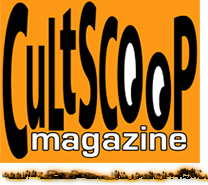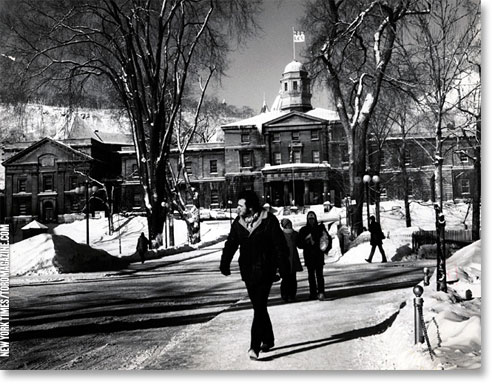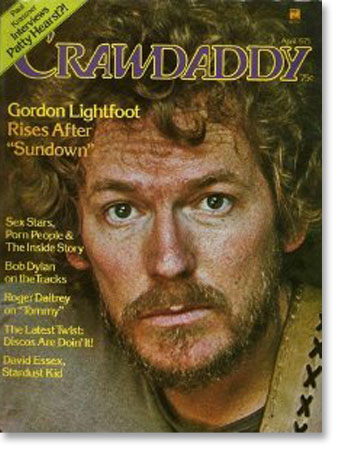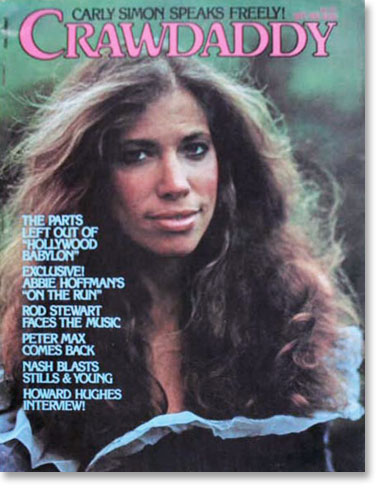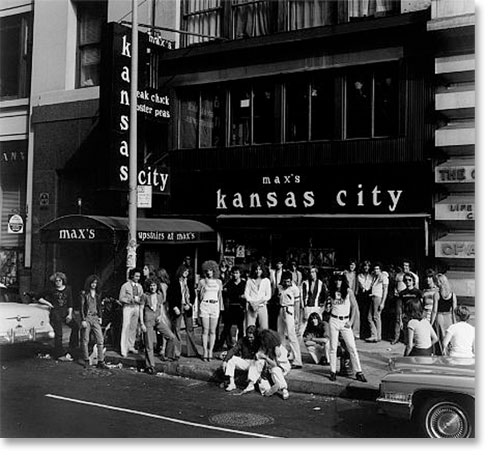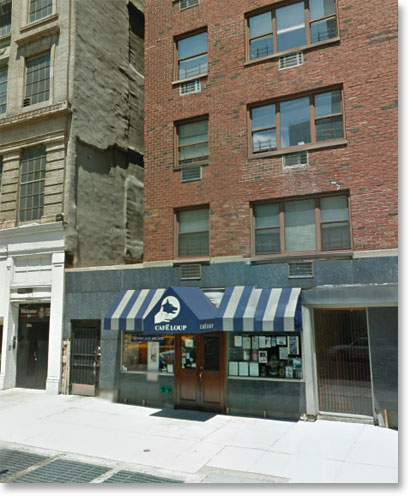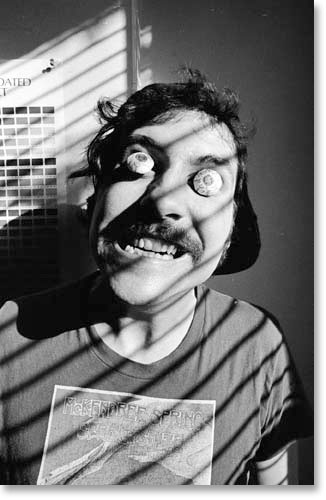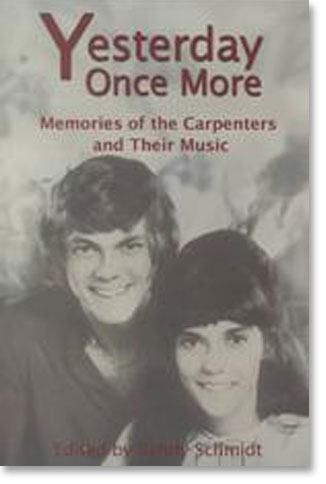|
|||||||||||||||||||||||||||||||||||||||||||||||||||||||||||||||||||||||||||||||||||||||||||||||||||||||||||||||||||||||||||||||||||||||||||||||||||||||||||||||||
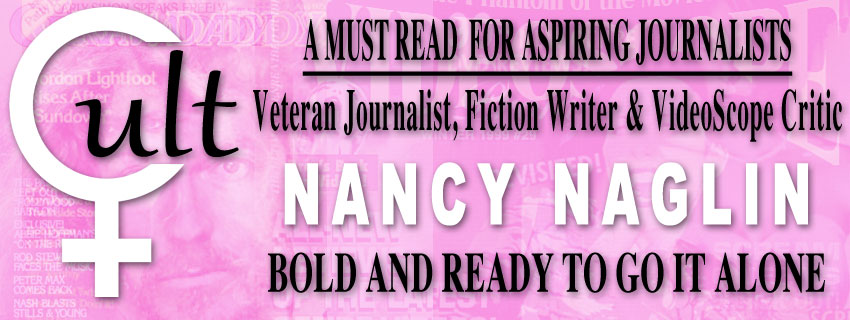
JH: How does one emerge to the point of being accepted as a freelancer interviewing the likes of Carly Simon, Jane Fonda and others?
First thing I did landing in New York--go to a newsstand and buy every mag in sight. I started calling up the editors, trying to get them to see me so I could pitch an article. I ended up writing for Country Music Magazine, in-flight mags, food magazines. I didn't like the women's mags--it was too girly-girl, the stuff they wanted you to write was nuts. I went to Cosmopolitan and they actually had a book of article ideas they asked you to leaf through: all made-up neurotic nonsense (why for example, a woman can't live alone or why, on the other hand, she should). At the same time, Crawdaddy was calling on me for interviews.
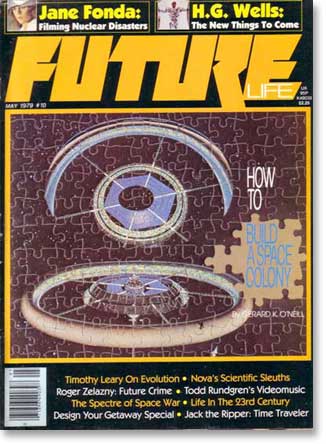 the New York newspapers. I went up to the New York Post, thinking how I would love to work the police blotter, look at corpses on the sidewalk at night--do anything to get a foot in the door. They just laughed me out of the office. the New York newspapers. I went up to the New York Post, thinking how I would love to work the police blotter, look at corpses on the sidewalk at night--do anything to get a foot in the door. They just laughed me out of the office.A decade later, the world had turned. Computerization had happened and these guys, desperate to hang onto their jobs, some of them working for recent journalism grads, all women in their late 20s, early 30s, weren't laughing anymore. JH: What happened before, during and after your nonfiction book, Seducing Dali? NN: I always had in mind to write books. A tremendous scandal had grown up surrounding the art fraud connected with the sale of fraudulent prints by Dali, Chagall, Miro and others. I got a contract to write the book and had a marvelous time meeting a fabulous cast of characters. JH: Tell us about The Pool Player NN: Fiction is what I want to write. The Pool Player is literary epic spanning several continents and decades of love, gambling, physical survival, sexual identity and the dignity of the human heart. It's set in pre-World War II Poland and the main character, sexualized early and not by choice, spends his childhood in China, is returned to Poland, then flees to the Soviet Union. JH: You must have been a path breaker as a woman writer in your field. The changing reception and landscape for the woman writer, underground and overground, must be always apparent to you. What advice do you share with the startup woman writer?
The world--and the challenges--are completely different today. The barriers my generation of women knew are historical--and that is our contribution. Then, now, always, merit carries the talented forward. But there has to be something else. Whether male or female, someone coming up, trying to make their wish a reality, has to want it more than anything else, be bold in trying to get to the place or person they think will give them a chance--and if that fails, be ready to go it alone. Learn the
Then I came home to the States, New York for me was like an intoxicant: I loved the city, love it still; it was immediately home. At the time, the written word was king. Everybody wanted to write and to write well was taken seriously. Naturally, I gravitated to other writers. But truly, I was looking for any scene--I just wanted to soak everything up. Then as now there were people making music, film; and a lot of people were just going out to be seen. I went to Max's Kansas City, hoping to catch a glimmer of the Warhol crowd, but the scene was dead. Later, I did do some writing for Interview--and was paid abysmally.
I connected with Nick Tosches-- I bought Country Music Magazine; his name was on the masthead, so I called him up. He was a drinking man; his water-hole the now famous and long gone writers' hang-out, The Bells Of Hell, in the Village. You walked into the gloom and you picked up everybody there wanted to be somebody: namely, a bigger writer. Lester Bangs occupied a bar stool, ready to take anybody on, wear them down and usually win any argument simply because he outlasted them. Writers came in crowing they'd written "a think piece;" others showed off an article in Penthouse. Mating and dating were not the focus of the bar (probably why it went out of business in '82); boasting, put-downs, drunken analysis and braggadocio were the currency. There weren't a lot of women. If they had things to say, they were usually ignored. I had zingers a plenty and chirped them out. Who cared? This was boy-on-boy, the clubhouse. Nonetheless, it's my favorite bar. I miss it still... 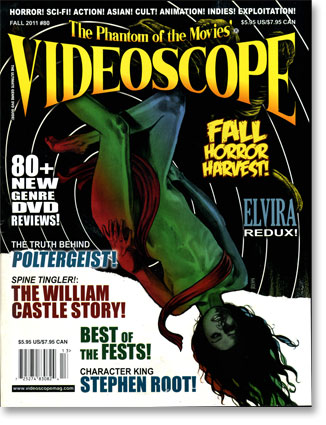 JH: In Phanmedia's VideoScope Magazine, you work in advertising and management but express yourself regularly in Nancy Naglin's Art House Video column. The term "art house" is a negative in marketing circles. I know. I've been told by people with hundred dollar haircuts. You give the term credibility. What movements in international film art do you find most interesting these days? JH: In Phanmedia's VideoScope Magazine, you work in advertising and management but express yourself regularly in Nancy Naglin's Art House Video column. The term "art house" is a negative in marketing circles. I know. I've been told by people with hundred dollar haircuts. You give the term credibility. What movements in international film art do you find most interesting these days?NN: Anything from Japan, China and Korea. South American film is vibrant, edgy. French fare lately has been a little insipid, like Gallic Hollywood; I like the hard-nosed Brit films. Nobody does low-class like the Brits. Very interesting stuff is coming from Iran. With the Arab spring underway, I predict we'll see some great releases. JH: Thank you.
NANCY NAGLIN'S BLIOGRAPHY:
|
|||||||||||||||||||||||||||||||||||||||||||||||||||||||||||||||||||||||||||||||||||||||||||||||||||||||||||||||||||||||||||||||||||||||||||||||||||||||||||||||||
